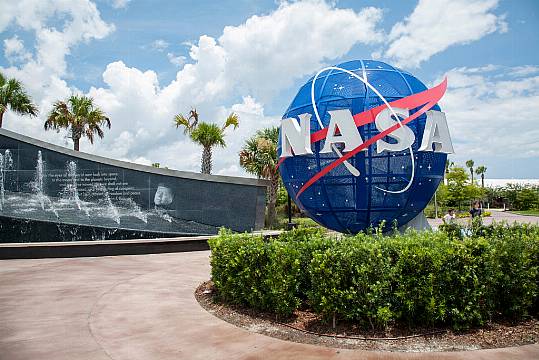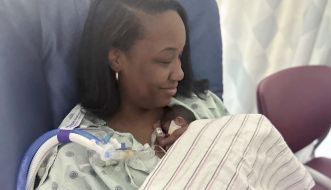Nasa has said the study of UFOs will require new scientific techniques, including advanced satellites as well as a shift in how unidentified flying objects are perceived.
The space agency released the findings after a year-long study into UFOs.
In its 33-page report, an independent team commissioned by Nasa cautioned that the negative perception surrounding UFOs poses an obstacle to collecting data.
But officials said Nasa’s involvement should help reduce the stigma around what it calls UAPs, or unidentified anomalous phenomena.
Nasa administrator Bill Nelson said the agency wants to shift the conversation about UAPs “from sensationalism to science”.
NOW: A discussion of the report by the unidentified anomalous phenomena report (UAP) independent study team.
Read the full report (PDF): https://t.co/uYhsJ6stRR https://t.co/FuftbhwL4D— NASA (@NASA) September 14, 2023
Mr Nelson added that the panel found no evidence that UAPs had extraterrestrial origin.
The 16-member panel noted that artificial intelligence and machine learning are essential for identifying rare occurrences, including UFOs.
“Nasa will do this transparently,” Mr Nelson said.
At the one and only public meeting earlier this year, the independent team selected by the space agency insisted there is no conclusive evidence of extraterrestrial life associated with UFOs.
No top-secret files were accessed by the scientists, aviation and artificial intelligence experts, and retired Nasa astronaut Scott Kelly, the first American to spend nearly a year in space.
Instead, the 16-member group relied on unclassified data in an attempt to better understand unexplained sightings in the sky.
Nasa said there are so few high-quality observations that no scientific conclusions can be drawn.
The government refers to unexplained sightings as UAPs versus UFOs.
Nasa defines them as observations in the sky or elsewhere that cannot be readily identified or scientifically explained.
The study was launched a year ago and cost under 100,000 dollars (£80,500).







